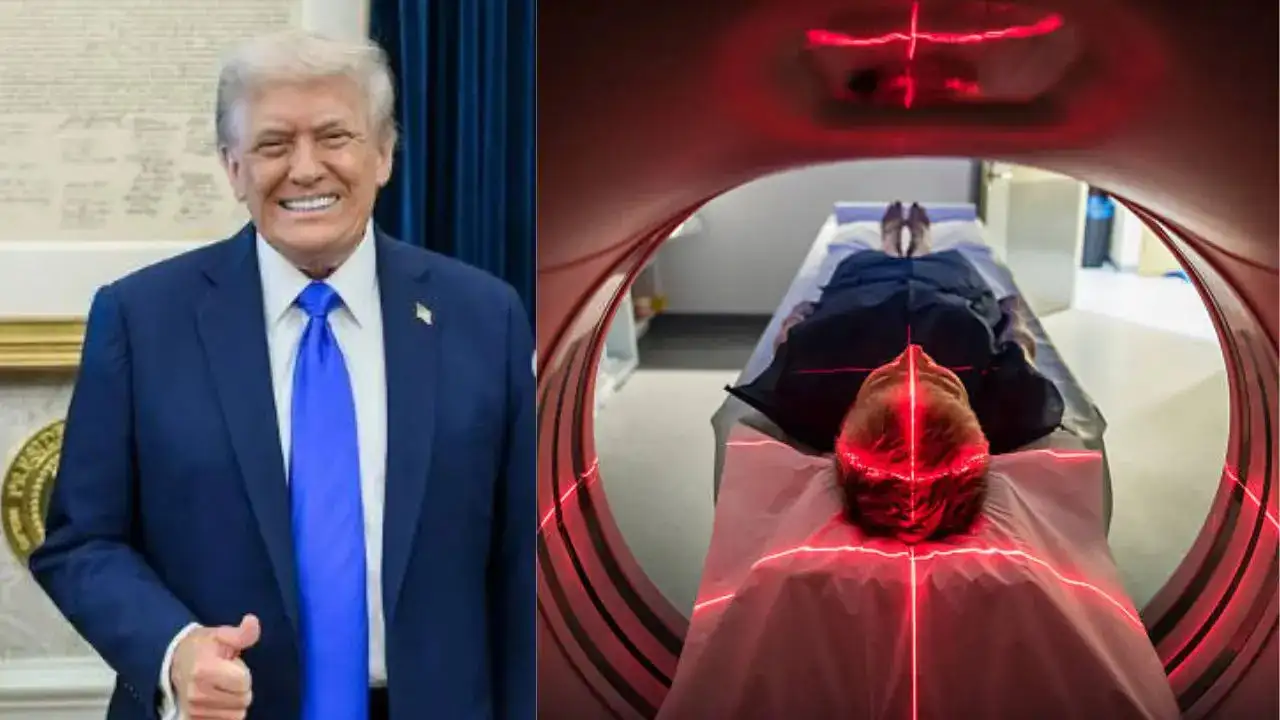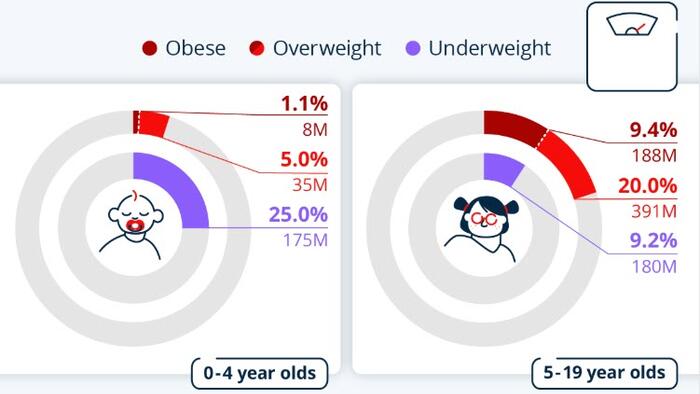Copyright timesnownews

US President Trump told reporters he underwent an MRI and a cognitive test during his secondary physical at Walter Reed. So far, the White House has not disclosed the reason for the MRI. However, experts have strongly disagreed, saying that an MRI is never part of a routine evaluation. The president did not detail the reason for the MRI, saying the full results were made public and the exam was “perfect. “I got an MRI, it was perfect,” Trump told reporters on Air Force One while en route to Japan. “Nobody has ever given you reports like I gave you, and if I didn’t think it was going to be good, either, I would let you know negatively,” Trump added. “I wouldn’t run, I’d do something. But the doctors said some of the best reports for the age, some of the best reports they’ve ever seen.” Trump also revealed he underwent a cognitive test. Is Trump suffering from a neurological illness? Top American cardiologist Dr Jonathan Reiner, a professor of medicine at George Washington University, has said Trump’s “quiet MRI” can be due to potential neurological or cardiovascular symptoms. According to Dr Reiner, who was also the physician to ex-Vice President Dick Cheney, MRIs are never performed as part of a routine check-up, which means the test is probably forced due to some symptoms. “Typically, they’re prompted by symptoms,” Reiner said on CNN. “They can be neurologic symptoms that prompt an MRI. They could have back pain that prompts an MRI. There can be issues with the heart that would prompt an MRI. And for those reasons, the public should really be told, you know, why did the president undergo the test, what consultants he saw, and what was the result of the testing?” he added. There have been major concerns about the 79-year-old President’s health in recent months after several public appearances showed him with visible bruises on his hands and a noticeably uneven gait. At times, he even appeared slower on his feet and struggled with short-term recollection. What is an MRI scan? MRI, also known as Magnetic Resonance Imaging, is a painless test that produces very clear images of the organs and structures inside your body. MRI uses a large magnet, radio waves, and a computer to produce these detailed images. It does not use X-ray radiation. MRI uses magnets to take clearer pictures of your brain, spinal cord, nerves, muscles, ligaments, and tendons than regular X-rays and CT scans. However, not everyone can undergo an MRI. The magnetic field of MRI can displace metal implants or affect the function of devices such as pacemakers and insulin pumps. What does MRI show? Doctors say MRI shows detailed images of the inside of your body, which helps the doctors to look at and evaluate several different structures, which include: Your brain and surrounding nerve tissue Organs in your chest and abdomen, including your heart, liver, biliary tract, kidneys, spleen, bowel, pancreas, and adrenal glands. Breast tissues Spinal cord Pelvic organs, including your bladder and reproductive organs Blood vessel Lymph nodes When would a doctor ask for an MRI? Your doctor would ask you to get the MRI done if they have to diagnose or monitor the treatment for many different conditions. There are also different types of MRIs based on which area of your body your provider wants to examine. Brain and spinal cord MRIs can help evaluate and diagnose the following conditions: Brain aneurysms Brain and spinal tumours Brain and spine injuries from trauma Compression or inflammation of the spinal cord and nerves Multiple sclerosis Spine anatomy and alignment Stroke Heart MRIs are done for several reasons, which include: To evaluate the anatomy and function of your heart chambers To diagnose heart conditions like tumours and infections To evaluate the anatomy and function of the heart and blood vessels in children Body MRIs evaluate: Tumors in your chest, abdomen, or pelvis Liver diseases Inflammatory bowel disease



